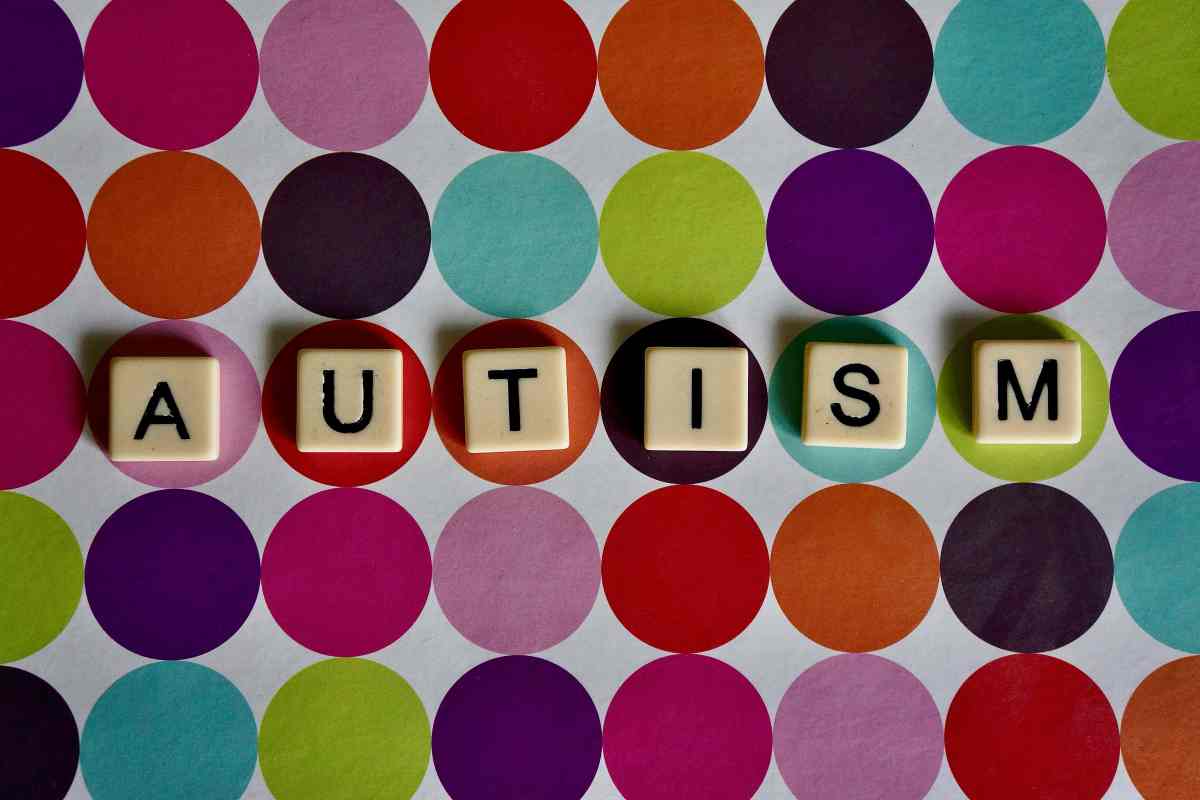
Navigating the food landscape for individuals with autism presents formidable challenges. These challenges are compounded by food aversions, sensory sensitivities, and behavioral complexities that can make the simple act of making or ordering food a lot more difficult. Expert research underscores prevalent issues such as tantrums, extreme food selectivity, and nutritional deficiencies among those on the autism spectrum. In this post, we will cover the nutritional challenges of people with autism, then talk about how professionals can help.

Children with autism often experience significant nutritional challenges, particularly deficiencies in calcium and protein intake. These deficiencies can lead to long-term health issues such as obesity and cardiovascular disease if not addressed early. Research highlights the critical need for tailored nutritional interventions to mitigate these risks and support overall health.
Compounding these challenges are the particularities of the appetites of those who identify as autistic. Sometimes autistic individuals can be very choosy, and what their preferences are can vary from day to day. This can make maintaining an autistic individual’s food and diet much more difficult, especially if they have dietary restrictions. This is why we recommend that families consider professional help with their child’s nutrition and diet needs.
Routine diet assessment is crucial in managing autism spectrum disorder. Registered dietitians specialize in conducting comprehensive nutrition assessments and developing personalized dietary plans. They provide strategies to enhance food acceptance and nutritional adequacy, collaborating closely with families to set achievable nutrition goals and monitor progress over time. They can also offer services that are typically outside of a primary care physician’s wheelhouse, such as allergy testing and blood testing, that can help identify key imbalances present in autistic individuals. This collaborative approach not only improves dietary habits but also supports the broader health and well-being of individuals with autism.
Registered dietitians play a pivotal role in optimizing dietary intake through evidence-based nutrition education and meal planning. Their focus is on ensuring balanced nutrition tailored to the individual’s needs. In contrast, feeding therapists specialize in behavioral interventions aimed at expanding food tolerances and improving mealtime behaviors. Together, these professionals contribute to holistic treatment plans that address both nutritional and behavioral aspects of autism spectrum disorder.

Many families of children with autism consider alternative diets, such as casein/gluten-free diets, to manage symptoms. While some diets may be beneficial, they also pose risks of nutritional deficiencies if not carefully monitored. Expert guidance from registered dietitians is crucial in assessing the appropriateness of these diets and ensuring that they meet nutritional needs while managing autism-related symptoms effectively.
In conclusion, addressing the nutritional needs of individuals with autism requires a multifaceted approach. This approach involves medical guidance, behavioral interventions, and supportive caregiving strategies. By collaborating closely with healthcare professionals, particularly registered dietitians specializing in autism spectrum disorder, families can effectively navigate the complexities of dietary management.
Through comprehensive diet assessments, personalized dietary plans, and ongoing monitoring, registered dietitians contribute significantly to improving dietary diversity, enhancing nutritional adequacy, and supporting overall health in individuals with autism. Their expertise complements the efforts of feeding therapists in creating holistic treatment plans that promote healthier eating habits and mitigate the risks of nutritional deficiencies.
Ultimately, by adopting a collaborative and informed approach to nutrition management, families can empower individuals with autism to thrive and achieve optimal health and well-being. This holistic approach not only addresses immediate nutritional challenges but also fosters long-term health outcomes and quality of life for individuals on the autism spectrum.

Hot tubs have long been a source of relaxation and social gathering, providing a warm and soothing escape from the stresses of everyday life. However, the relationship between hot tub usage and pregnancy has been a topic of concern and curiosity for many. As expectant parents seek to ensure the health and well-being of their …

When catastrophic events such as natural disasters, mass shootings, or acts of violence unfold, children can be left feeling confused, scared, and stressed. Understanding that children respond differently to such situations is crucial. Today, we’ll explore strategies for effectively handling and supporting children as they process these tragedies. Understanding children’s responses to tragedy Children respond …

Milia – small, white bumps that appear on the skin – can be a cause of concern for many people. These bumps are technically cysts, and they form under the surface of the skin. According to the Cleveland Clinic, about 40% to 50% of U.S. newborns have milia. While they are typically harmless and go …